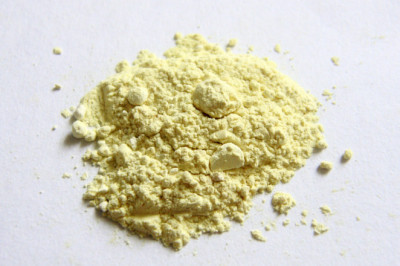views

The trend of sugar reduction is gaining momentum in the FMCG sector for a combination of factors including the rising awareness among consumers about the health hazards of excessive sugar intake, the worldwide increase in cases of diabetes, heart ailments, obesity, and the growing inclination of people toward diet-friendly eating and drinking options. Stringent government guidelines on the use of added sugars in different products and the imposition of the sugar tax in around 50 countries have facilitated the popularization of sugar reduction technology in the food and beverage business.

A Euromonitor International Health and Nutrition Survey conducted globally in 2019, concluded that reducing the intake of refined sugar was the third most popular consumer action among individuals that year. Despite the increased health consciousness, consumers are still largely unsuccessful in compromising on taste and quality while considering sugar-free options. In such a situation, the best possible way for food and beverage brands is to either launch a new line of low-calorie products or reformulate their existing recipes by experimenting with different sugar substitutes.
Sugar reduction- the Challenges
Sugar does more than just add a sweet flavor to foods and beverages. It provides a unique texture, consistency, and mouthfeel to recipes, and also serves as a preservative agent. Sugar is also a highly soluble ingredient, making it difficult to be replaced in drinks without altering the viscosity of the liquid. A case of sugar reformulation gone wrong is the outbreak of botulism in 1989, when the substitution of sugar with aspartame in hazelnut puree products led to microbial growth in the product, poisoning the people who consumed it.
Sugar reduction technology has come a long way since then. After decades of experimenting, the market is now full of a class of organic and artificial sugar substitutes. These alternatives have tried to retain the additional benefits of sugar while also making sure that they are healthier for consumption as compared to table sugar. Specific to their recipe requirements, food and beverage businesses across the world have become involved in the practice of sugar reformulation.
Sugar reduction- the Stevia Solution
Extracted from the leaves of the native South African herb Stevia rebaudiana, stevia serves as a low-calorie substitute for sugar. Despite being 200-300 times sweeter than cane sugar, stevia extracts are not known to induce an insulin response in the body or cause any inflammatory reactions. This makes it a popular and healthier sugar-free alternative for Type 2 diabetics, fitness enthusiasts, and even children.
Arboreal Stevia is an award-winning biotechnology company, manufacturing different varieties of organic stevia extracts, that prides itself in successfully assisting brands to launch lower-calorie food and beverage products at affordable prices. Their sensory technology platform ArboEdge contains extensive reformulation solutions- to replace sugar with stevia in beverages, baked foods, desserts, sauces, seasonings, and tabletop sweeteners.
For successfully revamping your product recipes to reduce sugar levels in it, avail the specialized services of Arboreal. They provide custom stevia solutions specific to your product needs, with free formulations support and client taste trials to help brands in their journey of sugar reduction.












